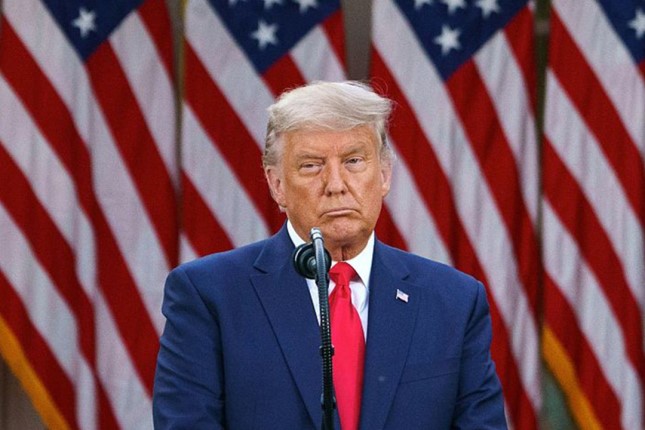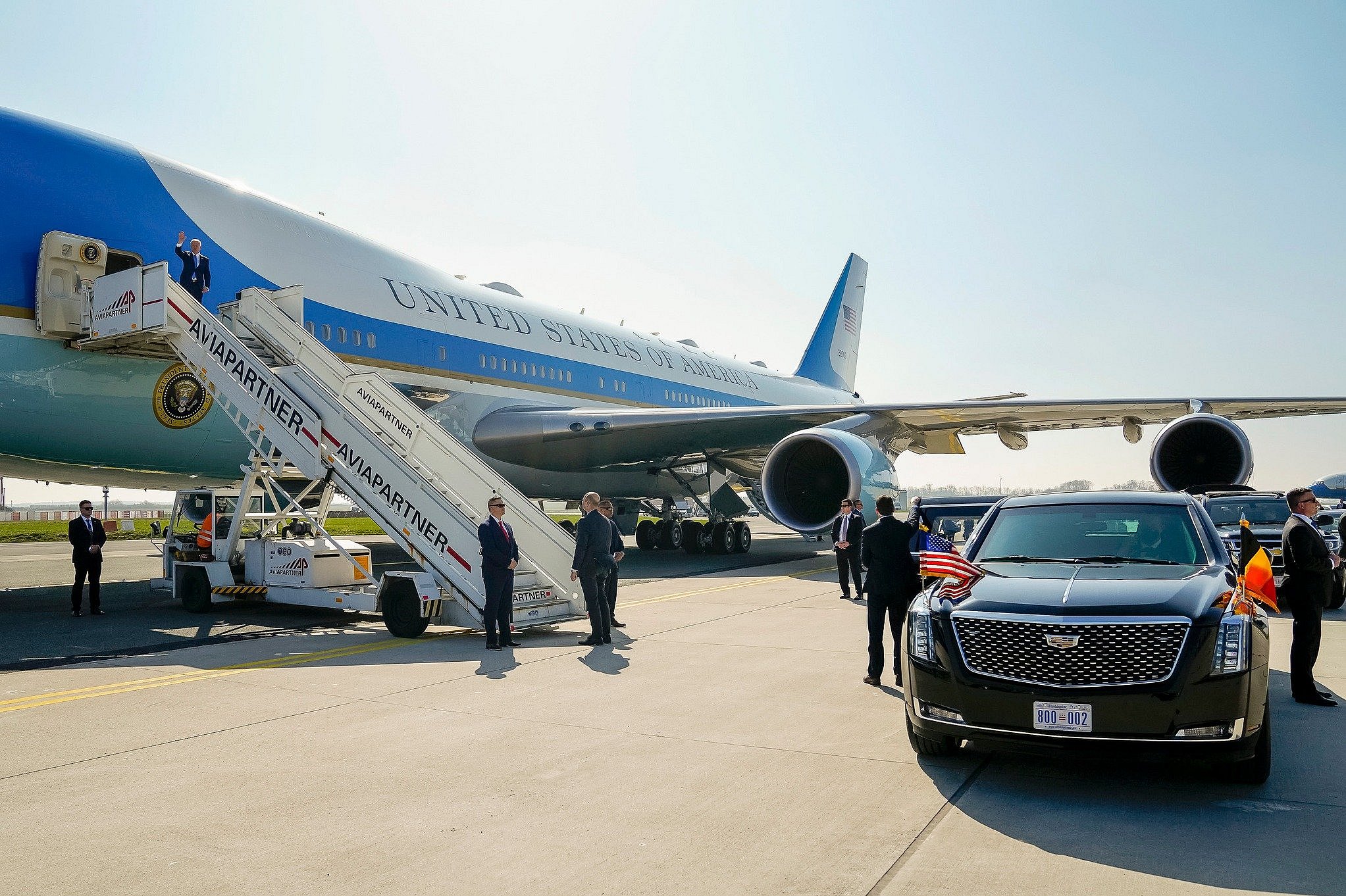It can be expected that strengthening the relationship between the US and Asian countries, with China as the target, is an important purpose of this visit.
However, whether the US' strategic approach toward China will go far and whether decoupling is soft or hard ultimately depend on US domestic politics.
As the election year approaches, the spotlight on this political drama in the US has turned to Donald Trump. The polarization of American politics has intensified, and the right-wing and anti-China factions continue to increase public opinion pressure.
Next year is not only an election year but also a year of judgment for a former president competing for the presidency.
The trial date for Trump's alleged attempt to overturn the results of the 2020 election is scheduled for March 4, 2024. Super Tuesday will take place on March 5, when Republican voters in more than a dozen states will vote to elect the party's presidential candidate.
The trial will affect Trump's prospects for his reelection campaign. However, after recent prosecutions against Trump, his support grew in numbers and strength, making his foundation among Republican primary voters more solid.
Although Trump has obvious political advantages within the Republican Party, he also confronts significant judicial hurdles. The trial of Trump and 18 other defendants in Georgia will be broadcast live on the internet.
American politicians from both parties are using and even exacerbating the polarization of voters to expand their political influence. Therefore, the debate over US foreign policy, including the China policy, has become more intense in this fierce confrontation.
On July 25, the Foreign Affairs magazine published a lengthy commentary titled "The Case for a Hard Break with China," which had a very strong tone. "Hard break" refers to comprehensive decoupling.
Just recently, Trump stated that if he were to be elected, he would impose a universal 10 percent baseline tariff for imports into the US. Some Republican presidential candidates have spoken up, demanding the revocation of China's permanent normal trade relations status.
On August 31, Marjorie Taylor Greene, a staunch supporter of Trump, asserted in a public event that the rise of BRICS nations was "devastating" for the US, making the US dollar get weaker and Americans go broke.
Clearly, there is a possibility that the US could slide toward becoming a more closed and right-wing nation.
The headline of The Wall Street Journal's report on August 28 is "The World Is Contemplating a Second Trump Administration." The report stated that although the US presidential election is more than a year away, allies and adversaries around the world have already begun to contemplate - and even plan for - the return of Trump to the White House.
The polarization of the US' politics will inevitably exacerbate the country's extreme China policy. Even if Trump is not reelected, his Republican successor is unlikely to change this dynamic and will likely continue down the right-wing path that Trump has set, or else risk losing the support of the grassroots voters.
Three years ago, Trump likened himself to a king in a tweet and cited the US philosopher and writer Ralph Waldo Emerson, warning, "When you strike at the king, you must kill him."
Most people interpret this statement as if you don't succeed in killing the king, you will eventually face retribution from the king.
If Trump's competitors cannot defeat him decisively, they must consider what his resurgence would mean. This applies equally to leaders worldwide: American domestic politics will determine how Washington's foreign policy changes.
Source: The Global Times.































